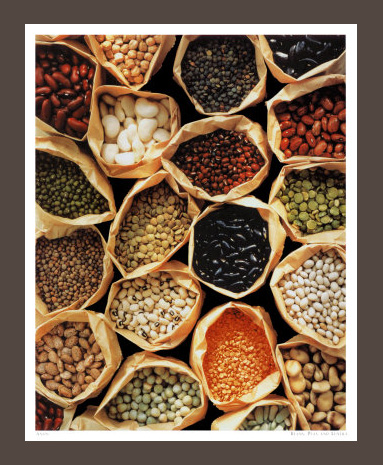In March 2017, QUNO attended an informal discussion on the Right to Food in humanitarian contexts organized by the Special Rapporteur on the Right to Food, Ms. Hilal Elver. Our Food & Sustainability and Peace and Disarmament programmes submitted a joint statement emphasizing the importance of agricultural biodiversity, small-scale farmers, and informal seed systems in humanitarian contexts. QUNO highlighted that resilience is central to any sustained response to food insecurity in crises or crises-prone situations and small-scale farmers and agricultural biodiversity are central to resilience. Therefore, thoughtful and targeted rehabilitation is necessary to build and consolidate peace while contributing to food security and rural development after a humanitarian crisis has subsided. The full statement is available below.

Humanitarian Challenges in Myanmar: Navigating Conflict and Crisis
On 9 July, the Quaker United Nations Office hosted a private briefing on Myanmar’s humanitarian crisis in the aftermath of the devastating 7.7 magnitude earthquake that struck on 28 March 2025. At Quaker House, Gum San Nsang, Secretary of the Kachin Political Interim Coordination Team, briefed UN diplomats. With the monsoon season threatening to worsen the humanitarian crisis, he emphasized the need for the international community to address aid distribution issues, reminding them that “each day later is a day worse than before.” In his remarks, Gum San noted that the distribution of humanitarian assistance has been exacerbated by the dwindling control of the military junta that seized control during a coup in 2021. He explained that the military has prevented aid from reaching parts of the country not under its control, while diverting aid to its own stockpiles. Beyond the focus on humanitarian issues, Gum San also addressed the ongoing conflict situation between the military and armed resistance groups. He highlighted that the struggle to control the mining of rare earth minerals represents a major driver of conflict, especially in northern Myanmar. Currently, the UN’s Office of Coordination of Humanitarian Affairs (OCHA) estimates that 20 million people, over one […]






